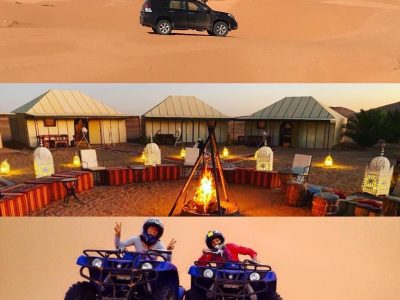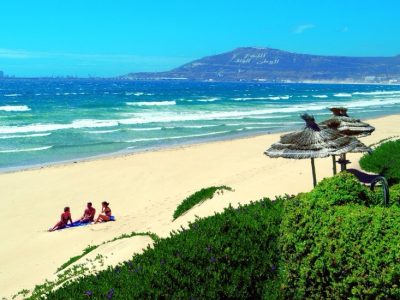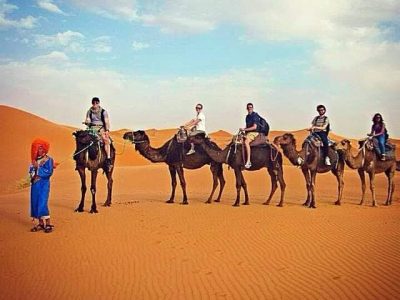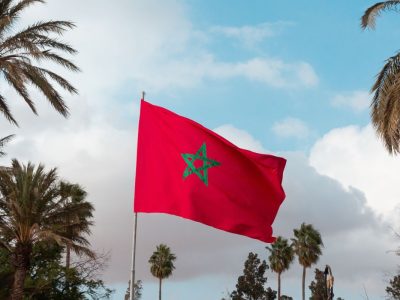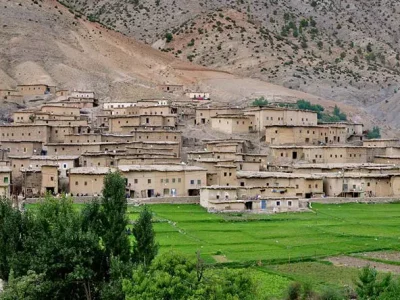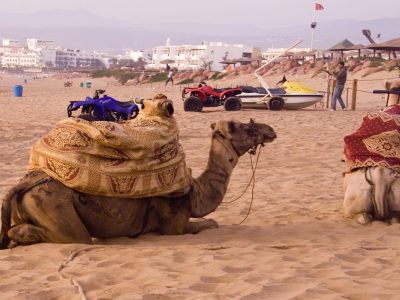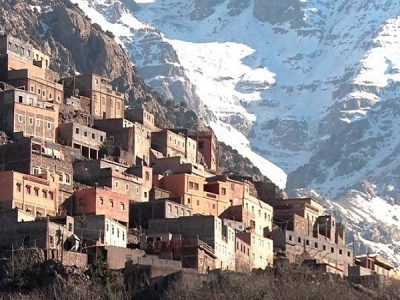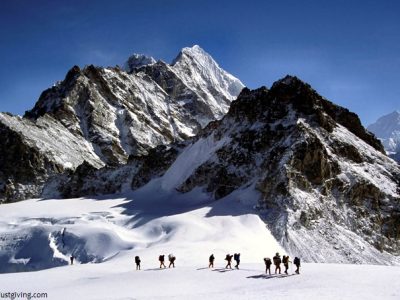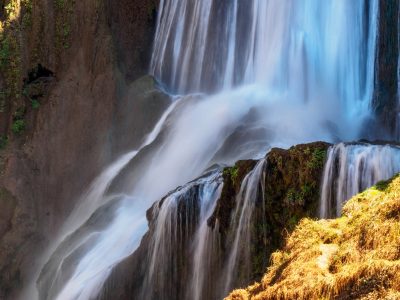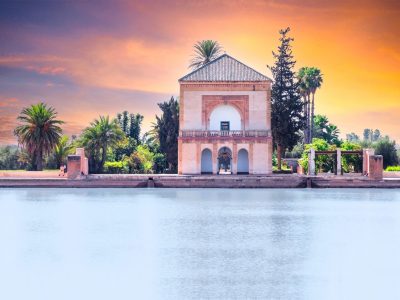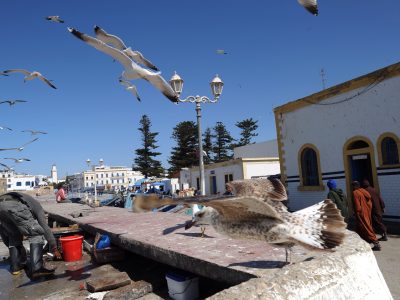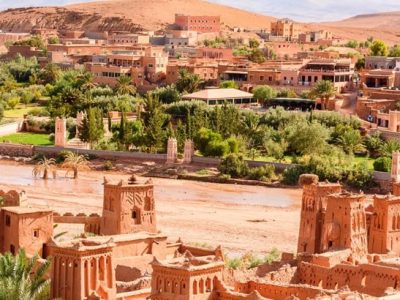Personalised high-end tours, offering travelers a rare and exclusive experience of the world as it should be.
Welcome to 4x4 Marrakech Excursions
4×4 Marrakech Excursions Agency specializes in the organization of private tours in Morocco to explore the Sahara desert, the imperial cities and the Atlantic coast, hikes and trekking in the High Atlas, walks with pedestals and mules, walks in the desert with camels, or hikes and treks in the Saghro and Siroua (Anti-Atlas) massifs, in addition to discoveries of flora and fauna in the sorites of the Middle Atlas, with official guides to the natural desert and mountain areas in Morocco. Other cultural circuits include the Moroccan imperial cities, the fortified cities of the Marcan coast and adventure trips in four-wheel drive in the mountains and southern Sahara of Morocco.
We takes care of all your cheap turnkey stays for the discovery of cities and cultural sites on the coast by the sea in the Mediterranean or on the Atlantic coast. Our specialty is cultural trips, 4×4 adventure tours, hiking and trekking, walking and meharées in the Sahara Desert (Merzouga, Tazarine, and Chegaga), and camel rondos on the Atlantic coast.
Our companies have the advantage of having experience understanding the foreign tourist, his expectations in terms of quality of service. That’s why cleanliness and road safety are the most important elements for us. Our drivers are professional, understanding and punctual.
Choose your experience
Why travel with us?
Personalized services
24/7 support
Authenticity
Sustainability
We give back with every booking
Welcome to All Morocco Athen, your premier destination for private tour services in Morocco! Our mission is to ensure that our visitors enjoy the best possible experience during their travels.
Whether you have inquiries about our private tours or want more information about the exciting excursions we offer, we’re here to assist you every step of the way.
What sets us apart is our local presence in Morocco. Unlike many travel agencies you may come across online, we are based right here in the heart of Morocco.
Booking with us means choosing a local partner, providing you with an extra layer of peace of mind.
Private Morocco Tours
Casablanca, Fes, Chefchaouen, Marrakech, Sahara Desert,
Private Sahara Desert Tours
Camel trekking in sand dunes including overnight in nomad tent under stars
Discover Imperial cities of Morocco
Explore the four historical capital cities of Morocco: Fes, Marrakesh, Meknes and Rabat
Desert Excursion in Morocco
Explore the Enchanting Sahara Desert on Our Desert Excursion in Morocco!
Excursions 4×4 Marrakech – Trekking and and Private tours
excursions marrakech maroc
excursions désert
excursions désert de marrakech
Excursions 4×4 Marrakech
marrakech excursions désert
Marrakech Expedition 4×4, your best agency for Marrakech desert tours and Sahara expeditions.
Get your chance to choose among several options Click Here for Marrakech Desert Trips and Morocco Tours.
Your Morocco Travel and Sahara desert trips starting from Marrakech, Casablanca, Fez, Tanger, Agadir and Ouarzazate. You can start tour in Morocco wherever you like, including the major airports and ports of the country.
Moroccan most experienced drivers and guides will help you to discover the best historical, cultural and natural attractions in Morocco. Live a unique experience by choosing one of our Morocco Desert Tours Packages, Morocco Camel Trekking and Sahara Desert Tours from Marrakech, Fez or any another city in Morocco.
Take a trip to the desert and cross the high Atlas Mountains, discover the berber life style, visit Ait Ben Haddou and the Kasbah, trek and ride a camel. You will also have the chance to spend the night in the middle of the dunes sleeping in a real berber nomadic tent!
Not just Marrakech Desert Tours… Find out our options!
Besides desert tours and Morocco travel packages, we offer a selection of hotels and riad to fully enjoy your trip. Riad is the traditional accommodation, located in the oldest city – named Medina – of Marrakech, Chefchaouen, Meknes and Fez.
We also organize quick tours and guided visits (Click Here Marrakech Desert Tours Options) through Casablanca, Marrakech, Fez, Ouarzazate and the Sahara desert. You can also choose one of our Marrakech day trips and tours packages towards the coast of Morocco, such as Essaouira. Or to the high Atlas mountains, berber villages, Ourika valley and to the magnificent Ouzoud waterfalls.
Book your Marrakech Desert Tours with Marrakech Expedition 4×4!
Marrakech Expedition 4×4 is the very best company for your Morocco Travel and Marrakech Desert Tours. Discover with us the enchanting imperial cities, have fun during your Sahara desert adventure and enjoy the traditional berber life. Take the most exciting trip of your life and discover the finest attractions of Morocco, surrounded by unique landscapes CONTACT US!
You are welcome to Morocco.
Marrakech Desert Tours, Morocco Travel and Sahara Excursions
Marrakech Expedition 4×4, your best agency for Marrakech desert tours and Sahara expeditions.





